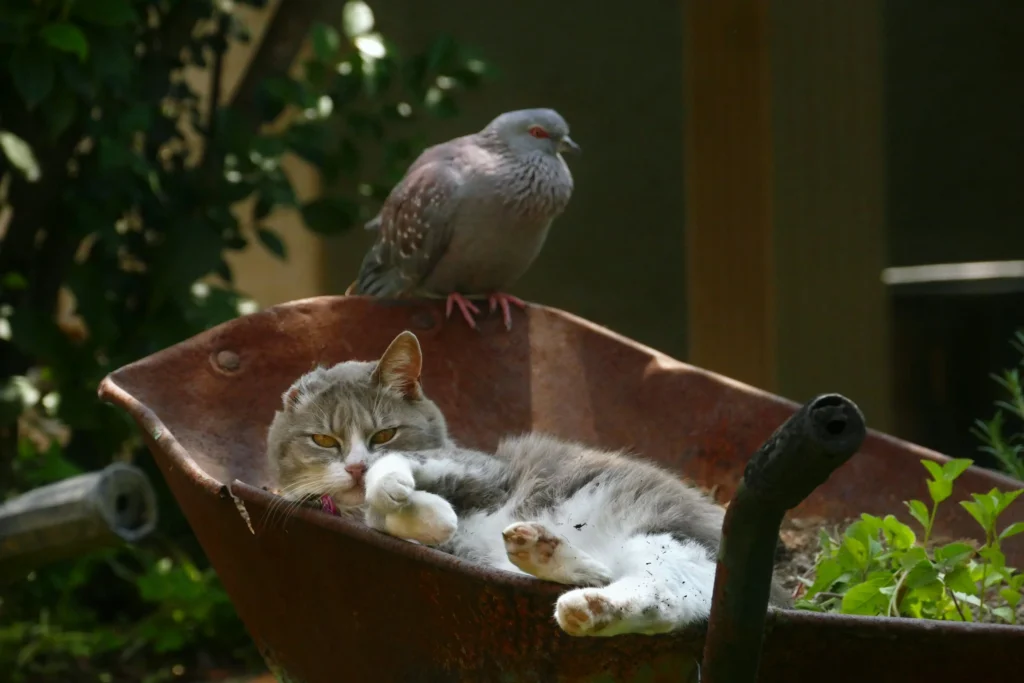As a veterinarian in Multnomah County, I’ve been closely monitoring the recent cases of Highly Pathogenic Avian Influenza (HPAI), commonly known as bird flu. While this virus primarily affects wild birds and poultry, recent cases have shown that it can also infect domestic cats. As a pet owner, understanding the risks and taking steps to protect your feline companion is essential.
How Do Cats Get Avian Influenza?
Cats can become infected with avian influenza by coming into contact with infected birds or their secretions. This includes:
-
Hunting or scavenging infected wild birds
-
Drinking from water sources contaminated with bird droppings
-
Exposure to infected poultry or raw poultry products
-
While the risk to indoor cats is low, outdoor and free-roaming cats face a much higher chance of exposure.
Signs of Avian Influenza in Cats
If a cat is infected, symptoms can develop quickly and range from mild to severe. Watch for:
-
Lethargy or weakness
-
Decreased appetite
-
Fever
-
Difficulty breathing or coughing
-
Nasal discharge or sneezing
-
Neurological signs such as tremors, uncoordinated movements, or seizures
Unfortunately, in some cases, avian influenza can progress rapidly and be fatal. If your cat shows any of these symptoms, especially after possible exposure to birds, seek veterinary care immediately.
Reducing the Risk for Your Cat
Since there is no specific treatment for avian influenza in cats, prevention is key. Here’s how you can reduce your pet’s risk:
-
Prevent Contact with Birds – Avoid feeding birds in areas accessible to your cat, and promptly clean up any bird carcasses or droppings around your home.
-
Be Cautious with Poultry Products – Be cautious if feeding raw poultry or eggs to your cat, as there is potential for virus transmission. Cooked poultry is safe as long as it is properly prepared.
-
Limit Exposure to Potentially Infected Environments – If you keep backyard chickens, wash your hands and change clothes before handling your cat. Keep food and water sources separate from wild birds.
-
Monitor Local Outbreaks – Stay informed about avian flu cases in your area by checking updates from veterinary and public health authorities. If there are reports of HPAI in local wildlife, be extra cautious about your cat’s exposure.
When to Call Your Veterinarian
If your cat is showing signs of illness and may have been exposed to birds, contact your veterinarian immediately. Early intervention can help manage symptoms and prevent the spread to other animals.
While avian influenza is concerning, taking a few extra precautions can help keep your cat safe. If you have any questions, our team at Nimbus Pet Hospital or your local veterinarian is always here to help guide you in protecting your pet. Stay vigilant, and let’s work together to keep our pets healthy.

